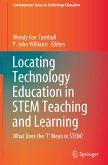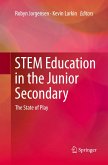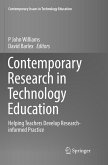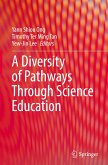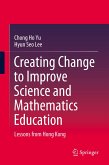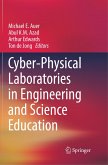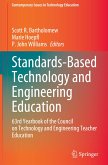This book presents the proceedings of the International Conference on Best Innovative Teaching Strategies (ICOBITS) at BITS Pilani on Feb 9-11, 2023. It brings together global academicians, researchers, and industry experts to delve into innovative teaching-learning practices. Meticulously selected and reviewed by professionals, the proceedings offer cross-cutting perspectives and strategies in education and creative learning. It is organized into four parts and covers Innovative Pedagogical Practices for Technology Enhanced Learning, Technology, Society and Industry in Higher Education, STEM Education and Cultural Studies, Gender Studies and Sustainability in Higher Education.
It provides insights into assessment tools for effectively evaluating the efficiency of teaching methods. Part one explores ICT, digital classrooms, metaverse-based teaching, gamification, and AI-ML-based practices. Part two delves into the humanistic approach in technical education, social networking as an educational tool, and outcome-based assessment needs. Part three addresses future educators' requirements through multidisciplinary collaboration in STEM education. Part four discusses gender equity, structured social inclusion and cultural skills in teaching-learning practices. This book is a valuable resource for academicians, researchers, policymakers, administrators, technocrats, and developers actively engaged in education technology across disciplines such as Engineering, Sciences, Management, Humanities, and Social Sciences.
It provides insights into assessment tools for effectively evaluating the efficiency of teaching methods. Part one explores ICT, digital classrooms, metaverse-based teaching, gamification, and AI-ML-based practices. Part two delves into the humanistic approach in technical education, social networking as an educational tool, and outcome-based assessment needs. Part three addresses future educators' requirements through multidisciplinary collaboration in STEM education. Part four discusses gender equity, structured social inclusion and cultural skills in teaching-learning practices. This book is a valuable resource for academicians, researchers, policymakers, administrators, technocrats, and developers actively engaged in education technology across disciplines such as Engineering, Sciences, Management, Humanities, and Social Sciences.


